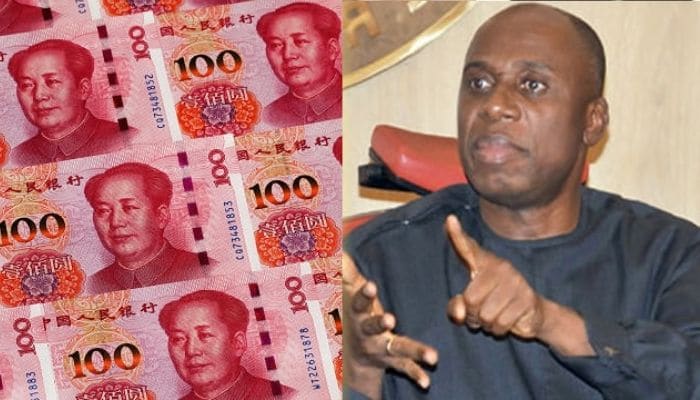President Bola Ahmed Tinubu has written to the House of Representatives seeking approval for three major financial proposals involving external and domestic borrowings amounting to billions of dollars, euros, and naira.
In a set of letters read on Tuesday during plenary by the Speaker, Abbas Tajudeen, the president requested legislative backing for the federal government’s external borrowing rolling plan for 2025–2026, a $2 billion foreign currency bond issuance in the domestic market, and the issuance of bonds to clear outstanding pension liabilities under the Contributory Pension Scheme (CPS).
In the first letter, Tinubu sought the House’s approval to raise up to $2 billion through the issuance of foreign currency-denominated financial instruments in Nigeria’s domestic debt market. The issuance, the President said, is in line with a Presidential Executive Order signed in October 2023.
“This request is pursuant to the provisions of Section 44 (1) and (2) of the Fiscal Responsibility Act 2007 and Section 1(7) of the Executive Order, which requires National Assembly approval for all new borrowings and appropriation of the proceeds,” the president wrote.
The proceeds, according to the president, will be invested in critical sectors of the economy to drive growth, infrastructure, job creation, and foreign exchange earnings.
The strategy, he explained, aims to diversify government funding sources, stabilise the naira, and deepen the local financial market.
However, he acknowledged that the capital raising will increase Nigeria’s public debt stock and debt servicing costs.
In another communication, Tinubu presented a detailed external borrowing plan for the 2025–2026 period. He said the proposed loans amounting to $21.5 billion, €2.2 billion, 15 billion Japanese yen, and a €65 million in grants, would fund priority projects across infrastructure, agriculture, health, education, water supply, security, and employment generation.
“These projects were selected based on technical and economic evaluations and are geared toward addressing the country’s infrastructure deficit, reducing poverty, creating jobs, and boosting food security,” the president stated.
He added that most of the projects would be implemented across the 36 states and the Federal Capital Territory.
Citing the impact of subsidy removal and dwindling domestic revenues, Tinubu emphasised the urgency of closing the financial gap through prudent external borrowing, noting that the funds will be targeted at sectors such as power, railways, and healthcare.




